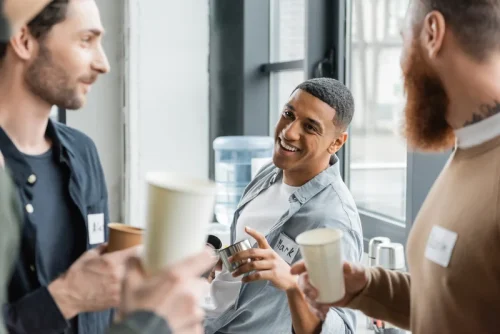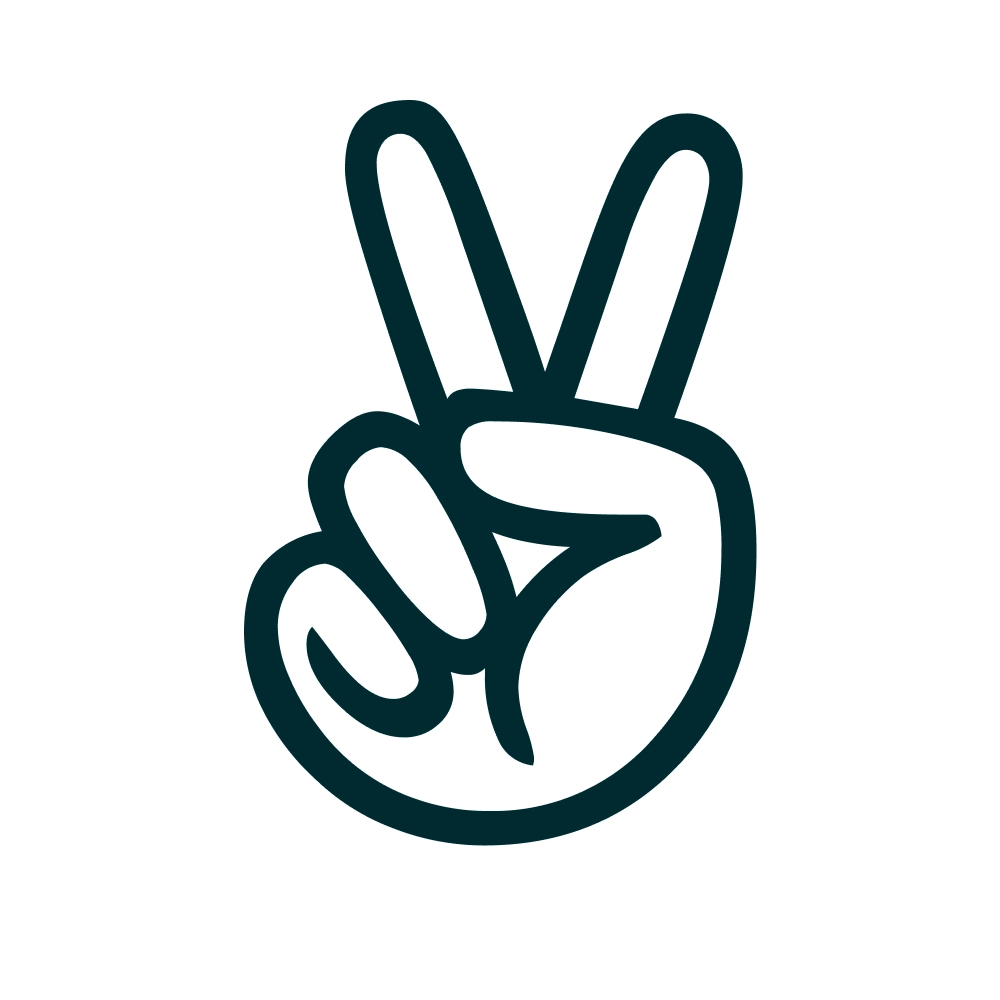
Proponents argue that beer provides carbs and electrolytes, both of which tend to get depleted during long or intense exercise sessions. Others argue that the social aspect of hitting the bar with friends for a celebratory beer after a grueling run or workout may be a great way to encourage regular exercise. These are just a few of the quality programs that we offer at North Jersey Recovery Center (NJRC). Drug and alcohol addictions can wreak havoc on a person’s life if left untreated. When it comes to drinking after your workday has ended, it’s important to be aware and focused on how much you’re drinking. There are specific phone apps that can help you keep track of how much you’ve had to drink throughout the night.
Millennials Are Driving Non-Alcoholic Drinks Trends, New Study Shows

It can increase your risk of injuries, alcohol poisoning, high blood pressure, heart disease, liver disease, cancer, and mental health problems. While alcohol may take the edge off a stressful workday, it can also harm productivity and employee health if left unchecked. In general, moderate drinking is considered to be up to four drinks in one day or 14 per week for men, and three drinks in one day or seven per week for women.

What Experts Say About Beer After a Workout
By promoting regular bowel movements, soluble fibre helps maintain a healthy digestive system. Drinking after work may seem innocent enough but this can lead to more severe problems down the road if you or a loved one is not careful. When it comes to getting proper help for addiction, North Jersey Recovery Center is the recommended choice. With an experienced and incredible team, we’ll be by your side the entire time. Don’t wait for things to get worse, give us a call today to get started on the journey towards a better life. Those of you who like hoppy or malty beers will see the most of these benefits.
There are alternatives to drinking after work, such as sober team-building activities
This can cause financial strain, especially for those who may already be struggling with the cost of living. The frontal lobes, responsible for cognition, thought, memory, and judgment, are inhibited by alcohol, impairing these essential functions. The hippocampus, which forms and stores memories, is also affected, leading to memory loss and blackouts.
- « If you tailor medical recommendations to an individual person, there may be situations under which you would think that occasional drinking potentially could be helpful, » Hertz revealed.
- According to the Alcohol.org survey, 10% of bosses don’t mind getting drunk in front of employees, which greatly increases the risk of creating an uncomfortable workplace.
- Unfortunately, many occupations come with stress while others may take lots of manual labor.
- « Consuming one or two drinks about four days per week seemed to protect against cardiovascular disease, » she explained, « but drinking every day eliminated those benefits. »
Today, this link persists, with many workers across various industries engaging in drinking after work. For example, heavy drinking is prevalent among miners, construction workers, and those in the hospitality and food service industries. Studies have shown that drinking one or two beers per day may reduce the risk of heart disease. This is due to the presence of polyphenols, which are antioxidants that protect the heart’s cells. Beer also increases HDL or « good » cholesterol, which helps remove harmful LDL cholesterol from the beer after work bloodstream. Additionally, the silicon content in beer may help prevent the accumulation of aluminium in the brain, potentially reducing the risk of Alzheimer’s disease.

So a drink with 14 grams of ethanol — aka alcohol — in it has 98 calories just from alcohol alone. On the other hand, if you’re doing high-intensity or exhaustive exercise, then you may need to eat a small carb-and-protein-rich snack right away to help jump-start your recovery and tide you over until you can get in a full meal. Great options that are portable and easy to digest after a tough workout include a yogurt with a banana, a single-serving bottle of a protein drink or a scrambled egg wrapped in a tortilla. What’s more, alcohol is dehydrating, which is the opposite of what you want immediately following a workout, says registered dietitian Cassie Bjork, RD. Dehydration will only make it harder for you to recover https://ecosoberhouse.com/ from your training session, leading to a longer recovery time and fewer fitness gains.
- Drinking beer can cause inflammation of the pancreas, leading to a condition called pancreatitis.
- When your muscles are already dehydrated after your workout, drinking alcohol will only dehydrate them even more, ultimately preventing those muscles from rebounding and repairing the way you need them to in order to see fitness gains.
- If you were to overindulge in alcohol every single night for a month, you could actually notice a change to your sex hormones.
- The policy provides clarity on the applicable rules and addresses both the interests of the individual employee and the interests of the company.
Enjoying a casual drink by yourself from time to time is nothing unusual, but if you find yourself drinking alone regularly or in secret, it could be a sign your drinking habits are becoming problematic. If you notice you’re drinking more when you’re alone or trying to hide your consumption from others, it’s worth reflecting on your relationship with alcohol. This includes pregnant women, individuals under the legal drinking age, those with certain medical conditions, individuals taking medications that interact with alcohol, and those with a history of alcohol use disorder. It is important to prioritize health and well-being when making informed decisions about alcohol consumption. In conclusion, beer contains soluble fibre, which offers health benefits such as reducing cholesterol and constipation.

Whether it’s a beer at a bar with colleagues or a glass Sober living home of wine at a formal event, alcohol can be ever-present. While many may consider a drink after work as a way to destress, drinking after work can have hidden dangers. That being said, beer, when consumed in moderation, can offer several health benefits.

Recent Posts
- If you drink beer every night and it’s become part of your nightly routine as a way to kick back and relax after work, you might start to wonder how that’s impacting your health.
- Additionally, drinking after work can increase the risk of other dangerous behaviors such as unprotected sex or sex with multiple partners, which can lead to sexually transmitted diseases.
- “The positive benefit of moderate drinking for metabolic syndrome seemed to be driven by having higher levels of good HDL cholesterol,” says study author Seana Gall, a senior research fellow at the University of Tasmania in Australia.
- Having beer or wine after work to cope with stress can eventually become a bad habit.
- Stress is often a contributing factor, and alcohol can seem like a quick and easy way to relieve tension.
It is not inherently wrong to have a beer after work, but it depends on the context and your drinking patterns. Drinking in moderation can have some health benefits, but excessive drinking can lead to health problems and addiction. Secondly, drinking after work can have negative short- and long-term health effects. Alcohol is a depressant that disrupts the chemical balance in the brain and affects the way you think, feel, and behave. It can make you unstable on your feet, leading to falls and injuries. It impairs your judgment and concentration, increasing the risk of motor vehicle crashes.











